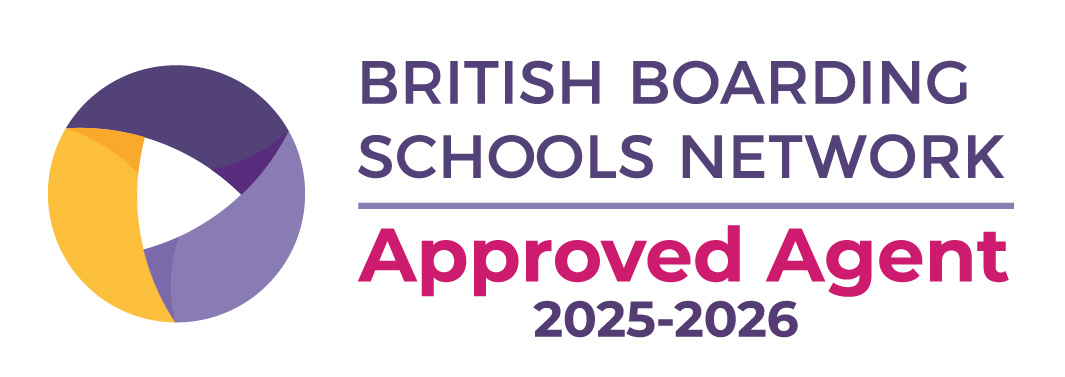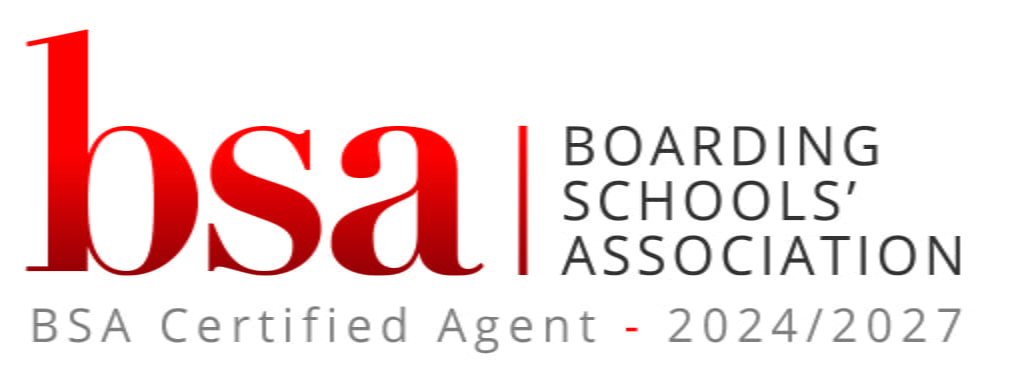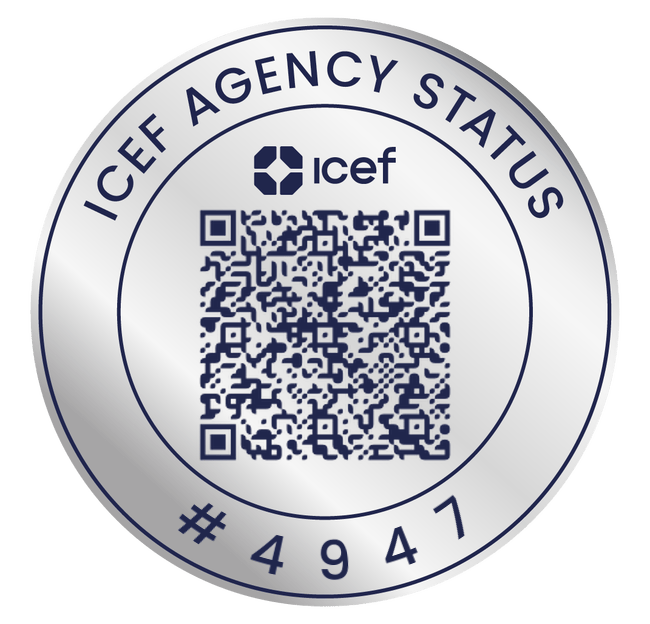Inhaltsverzeichnis
Book a free consultation today!
A few generations ago, it was by no means taken for granted that every young person would enjoy a full education. For many, just a few years of schooling and the ability to read and calculate were considered a privilege. Thankfully, those days are long gone. Today, education is rightly seen as a basic right, and schools are expected to provide a broad and thorough preparation for life, extending far beyond the essentials of literacy and numeracy.
For many students, school is also a stepping stone to higher education. In countries around the world, the secondary school leaving qualification plays a crucial role: it grants access to university study. In Germany, that qualification is the Abitur. In Switzerland and Austria, it is the Matura. In the United Kingdom, the equivalent is the A Levels – a qualification recognised worldwide as a sign of rigorous academic achievement.

How to achieve A Levels
At the age of 16, students in England take exams known as the GCSEs (General Certificate of Secondary Education), broadly equivalent to a middle school leaving certificate. Those who wish to continue towards university entry move on to the Sixth Form (the final two years of school). Over these two years, students study intensively for A-Level exams, which are taken at the end of Sixth Form and act as the gateway to university.
Passing A Levels
One of the features of A Levels is their focus on a smaller number of subjects. Students usually choose three (although it can be four), allowing for more in-depth study and, for many, less pressure than having to juggle a large number of subjects.
Grades are awarded on a scale from A* (outstanding) to E (the minimum passing grade). Roughly speaking:
- 40–49% = E (weak)
- 50–59% = D (below average)
- 60–69% = C (average)
- 70–79% = B (good)
- 80–89% = A (very good)
- 90%+ = A* (excellent)
Even a grade E is considered a pass and technically qualifies students for university study in the UK. However, leading universities often demand significantly higher grades, usually at A or A*, or the make offers such as “three grades comprising at least A*, A, B”.
Why private schools often achieve the best results
Academic league tables in the UK are closely followed, and the performance of schools in A-Level exams remains a key benchmark. Year after year, many of the best results are achieved at independent boarding schools, where more than 70% of students in some cases leave with the top A or A* grades. These schools place strong emphasis on high-quality teaching, resources, and individual guidance – factors that make them particularly attractive to ambitious students from the UK and abroad.

A Levels, the Abitur and the Matura compared
Each of these qualifications – A Levels, Abitur, and Matura – serves the same basic purpose: providing a recognised school-leaving certificate that grants university entry. While comparable in academic weight, the routes to achieving them differ. For example, in Germany students study a broad range of subjects until the very end of their schooling, whereas in the UK, A Levels involve specialising early in just a few fields.
This flexibility is both a strength and a drawback. For students with clear interests, it provides focus and a head start in their chosen field. But for those undecided, narrowing down too early may later restrict their options. For example, a student who does not take science subjects at A-Level will generally not be able to apply for a degree in Biology in the UK.
A Levels: Focusing on your favourite subjects
One of the most distinctive aspects of A Levels is the freedom to study only three or four subjects – usually the ones you most enjoy or in which you excel. For many, this is a dream compared to systems that demand a much broader curriculum. It also means students can prepare early for a chosen career path, whether in science, the arts, or the humanities. The flip side is the risk of narrowing too far too soon, so choosing the right combination of subjects requires careful thought.
A Levels or IB – which is better?
This is a frequent question among families considering a British boarding school. Many schools offer a choice between A Levels and the IB (International Baccalaureate).
- A Levels allow specialisation in a small number of subjects, providing depth and a strong foundation for university study in related areas.
- The IB offers breadth: students must take subjects across languages, mathematics, sciences, and humanities. It is consistent worldwide and is universally recognised.
Both are highly respected. The decision often comes down to the individual student’s strengths and ambitions.

Finding the right school
Choosing the right school is a personal decision. Some schools excel in sciences, offering outstanding laboratories and teaching. Others shine in the arts, music, drama, or sport. Beyond academics, boarding schools in the UK provide a wealth of opportunities to nurture personal talents and interests, from orchestras and theatre programmes to elite sports training.
For talented students in music, art, drama, or sport, many schools offer scholarships or fee reductions. When considering options, it is worth seeking professional advice to match not only academic needs but also personal preferences such as location, size of the school, or proportion of international students.
FAQ A-Levels
What are A Levels?
A Levels (Advanced Levels) are the UK’s highest school-leaving qualification. They are equivalent in academic standing to the Abitur in Germany or the Matura in Austria and Switzerland, and they allow entry to universities worldwide.
Can you study at international universities with A Levels?
Yes. A Levels are widely recognised across the world. In countries where additional formal recognition is required (such as Germany), there are established procedures to have them accredited.
What is the difference between A Levels and the IB?
The key difference is scope. A Levels mean depth in three or four chosen subjects, while the IB requires breadth across six subject areas. The best choice depends on whether a student prefers to specialise or keep their options broad.
Schedule a free consultation
How can we help you?

Julia Wilmes
Managing Director
Supporting families through these important steps in their children’s educational journey has become my heartfelt mission since founding Akademis. That is why it is especially important to me that we dedicate ourselves to every student seeking a boarding school with empathy and personal care.







